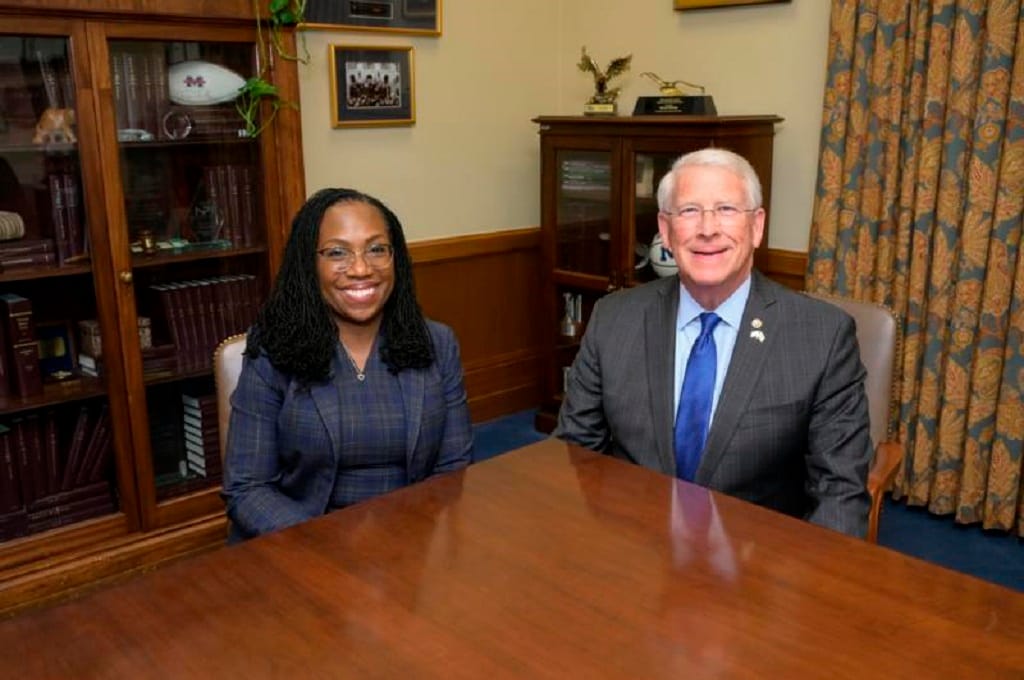More Time on Disaster Agreements, Small Providers Want Fed Spectrum, More ECF Funding
The Mandatory Disaster Response Initiative requires providers to negotiate network sharing within nine months.
Ahmad Hathout

December 20, 2022 – Small mobile wireless providers are asking the Federal Communications Commission for some reprieve on a requirement to enter formal agreements with other providers on roaming deals in case of network outages.
The agency earlier this year made mandatory a previously voluntary protocol in which service providers would give each other access to their networks – including allowing customers to roam on the others’ network – in case of a disaster that knocks a network out of commission.
The Mandatory Disaster Response Initiative also extended the requirement of the initiative to all facilities-based providers, requiring them to negotiate and enter into bilateral roaming-under-disaster deals with all wireless providers and perform testing of roaming capabilities within nine months of the ruling.
But members of the Cellular Telecommunications Industry Association and the Competitive Carriers Association have told the agency that, because of their size, they have limited personnel and financial resources and asked to double the time to implement the system to 18 months.
In a submission to the agency this week, Blooston Rural Carriers backed those calls for additional time, stating the negotiation process with multiple service providers is “likely to take longer than the 200 hour estimate” for carriers “that do not already have intercarrier arrangements in place.
“Allowing additional time for negotiation and bilateral network testing should also help small carriers to negotiate on a more equal footing with large carriers by alleviating time pressure that an arbitrarily short regulatory deadline would create,” Blooston said.
Federal spectrum auction should include smaller providers
The Wireless Internet Service Providers Association sent a letter earlier this month to two senators urging them to ensure smaller providers are not left out of auctions for federal spectrum reallocated for commercial use.
The proposed Spectrum Innovation Act of 2022 would establish a process by which parts of spectrum currently allocated for federal government use would be auctioned off to private entities.
In the letter to Sens. Maria Cantwell, D-Washington, and Roger Wicker, R-Mississippi, the industry association representing wireless internet service providers said it is concerned that calls by the large players to auction limited residual government spectrum in the 3.1 to 3.45 Gigahertz band solely to them would effectively leave out smaller providers they say are crucial to close the digital divide.
“Without access to additional usable spectrum, like that in the lower 3 GHz band, small and medium-sized businesses like ours may be precluded from expanding our offerings to the millions of truly unserved Americans desperately in need of connectivity,” WISPA said in the letter.
“For these reasons, we respectfully ask that you reject calls by those asking for the entire band to be auctioned for use by only a few of the largest companies who have repeatedly turned a cold shoulder to Americans living in the nation’s most rural and hard-to-reach areas,” it added. “Instead, we urge you to support legislation that allows small and medium-sized businesses like ours the opportunity to access spectrum in the 3.1-3.45 GHz band.”
FCC approves $65 million for schools and libraries
The FCC on Monday approved $65 million in another funding round from the Emergency Connectivity Fund, which goes to extend student connectivity beyond the school.
The latest round will go to support 170,000 students in over 200 schools, 20 libraries and two consortia across the country, including in Alaska, Indiana, Minnesota, Oklahoma, Texas, and Puerto Rico.
“This program is bringing us closer to the goal of closing the Homework Gap so all students have the resources they need to do well in school and beyond,” FCC Chairwoman Jessica Rosenworcel said in a release.
The latest round means the agency has so far allocated $6.4 billion out of the $7.1 billion available for the ECF, which launched last year. The agency said nearly 16 million students are benefitting from the initiative.









Member discussion